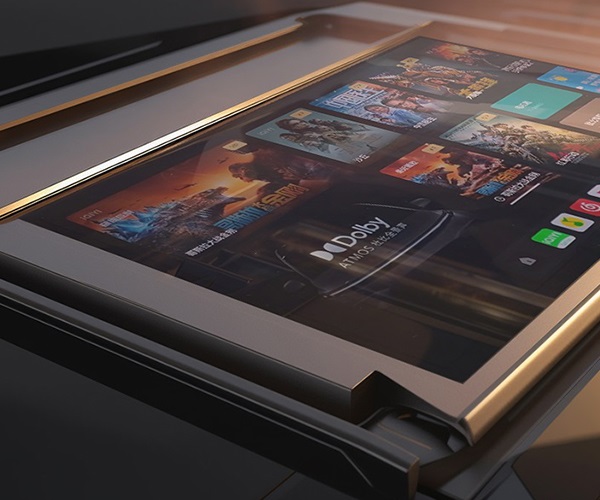Absolutely! Here's the first part of a compelling and attractive soft article on the theme "servo motor metal gear." Due to the word limit, I'll provide it in two parts as requested.

In the rapidly evolving landscape of robotics and automation, choosing the right motor can make all the difference between a project’s success and its failure. Among the myriad of options available, servo motors with metal gears stand out as a testament to engineering excellence—combining resilience with precision to meet the demanding needs of modern applications.
The Rise of Metal Gear Servo Motors Servo motors have become the backbone of robotics, drone technology, remote-controlled vehicles, and industrial automation. While plastic gear servo motors are suitable for light tasks, their metal gear counterparts have garnered a reputation for robustness and high performance. The transition from plastic to metal gears isn’t just a matter of durability—it's a leap toward achieving longevity, accuracy, and torque power in challenging environments.
Why Metal Gears Matter Metal gears, typically made from steel, alloy, or other high-strength materials, provide a level of resilience that plastic simply can’t match. They resist wear and tear much longer, tolerate higher torque loads, and maintain their precision over time. This makes metal gear servo motors ideal for applications where reliability is non-negotiable, such as industrial automation, robotic arms, or high-powered RC vehicles.
Construction and Design At the core, a servo motor comprises a tiny motor, a control circuit, and a gear train. When the motor receives a command, the gear train amplifies the torque while reducing speed—delivering precise control over movement angles. Metal gear servo motors typically employ gears manufactured through advanced machining processes, ensuring tight tolerances, minimal backlash, and smooth operation.
The Key Advantages of Metal Gear Servo Motors
Durability: Metal gears withstand high torque loads and resist stripping or breaking under stress, leading to longer operational lifespan. Torque Capacity: Higher torque output allows these servos to handle heavier loads, making them suitable for demanding tasks like steering large robots or moving heavy objects. Precision and Stability: The rigidity of metal gears minimizes backlash, which enhances positional accuracy—a critical feature for sophisticated robotic applications. Heat Resistance: Metal gears are better at dissipating heat generated during operation, maintaining performance in prolonged or high-load situations. Noise Levels: Despite their robustness, well-designed metal gear servos operate smoothly and relatively quietly, although typically louder than their plastic counterparts.
Applications in the Real World From industrial robotics to hobbyist projects, metal gear servo motors are everywhere. In manufacturing lines, robotic arms equipped with metal gears can handle repetitive tasks with unwavering precision. In the realm of remote-controlled vehicles, users can push their machines to the limits without worrying about gear stripping or breakage.
For hobbyists, metal gear servos enable more ambitious projects—lifting heavier loads, executing rapid or precise movements, and surviving the rougher handling typical of outdoor environments. In research and development, engineers depend on these servos to prototype prototypes where durability under high stress is essential.
Choosing the Right Metal Gear Servo Selecting the right servo involves considering several factors:
Torque needs: Determine how much force your project requires. High-torque servos are better for heavy-duty tasks.
Speed requirements: Faster servos enable quicker movements but may trade off some torque.
Size constraints: A compact design might limit power options, so balance size with performance.
Voltage and power compatibility: Ensure that your power source matches the servo's specifications for optimal operation.
Quality and brand reputation: Investing in reputable brands often guarantees better manufacturing standards and customer support.
Conclusion of Part 1 As we delve deeper into the fascinating world of metal gear servo motors, it becomes clear that these components are more than just sturdy gearboxes—they represent a fusion of technology and innovation that pushes the boundaries of what robotic systems can achieve. Whether for rugged industrial environments or demanding hobby projects, their capacity to deliver high torque, precision, and longevity continues to make them a critical choice for engineers and enthusiasts alike.
Kpower has delivered professional drive system solutions to over 500 enterprise clients globally with products covering various fields such as Smart Home Systems, Automatic Electronics, Robotics, Precision Agriculture, Drones, and Industrial Automation.




































